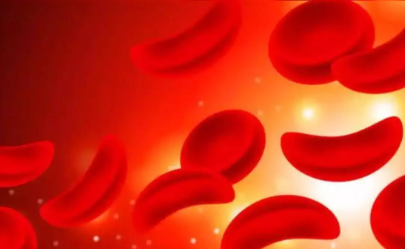Can Body Cells Learn Without the Brain?
Recent research reveals surprising insights about cellular behaviour, which suggests that even human cells can exhibit a form of learning known as habituation. This phenomenon allows organisms to stop responding to repeated stimuli, which is a fundamental aspect of how both simple and complex life forms adapt to their environments.
About Habituation
Habituation is a basic learning process, which occurs when an organism becomes accustomed to a stimulus over time. For example, a person may stop noticing the ticking of a clock. This process can also help in managing fears and anxieties.
Research Background
The study involved researchers from Harvard Medical School and the Centre for Genomic Regulation. They explored how simple organisms, like amoebae, demonstrate habituation. Their findings were published in the journal Current Biology, contributing to the understanding of memory and learning at cellular levels.
Researchers discovered four molecular networks within cells that exhibit habituation. These networks function similarly to those found in animal brains. They identified two distinct types of cellular memory. One type fades quickly, which is essential for habituation to occur.
Implications of the Study
This research raises intriguing questions about cellular capabilities. If single cells can “remember,” it may explain phenomena such as chemotherapy resistance in cancer cells. It also provides insight into how bacteria develop antibiotic resistance. These findings suggest that cells adapt to their environments in complex ways.
Further studies are necessary to validate these findings. Researchers aim to gather real-world biological data. This will help deepen the understanding of how cells learn and adapt. The implications of this research could reshape our approach to medical treatments and understanding of cellular behaviour.
Important Facts for Exams:
- Centre for Genomic Regulation: Located in Spain, this centre focuses on genomic research. It aims to understand gene functions and their implications in health and disease.
- Current Biology: This scientific journal publishes cutting-edge research in biology. It covers various topics, including cellular processes, evolution, and ecology, making it a key resource for researchers.
- Ciliate: A type of single-celled organism, ciliates possess hair-like structures for movement. They exhibit complex behaviours, including avoidance, showcasing primitive learning abilities similar to animals.
Month: Current Affairs - November, 2024
Category: Science & Technology Current Affairs


